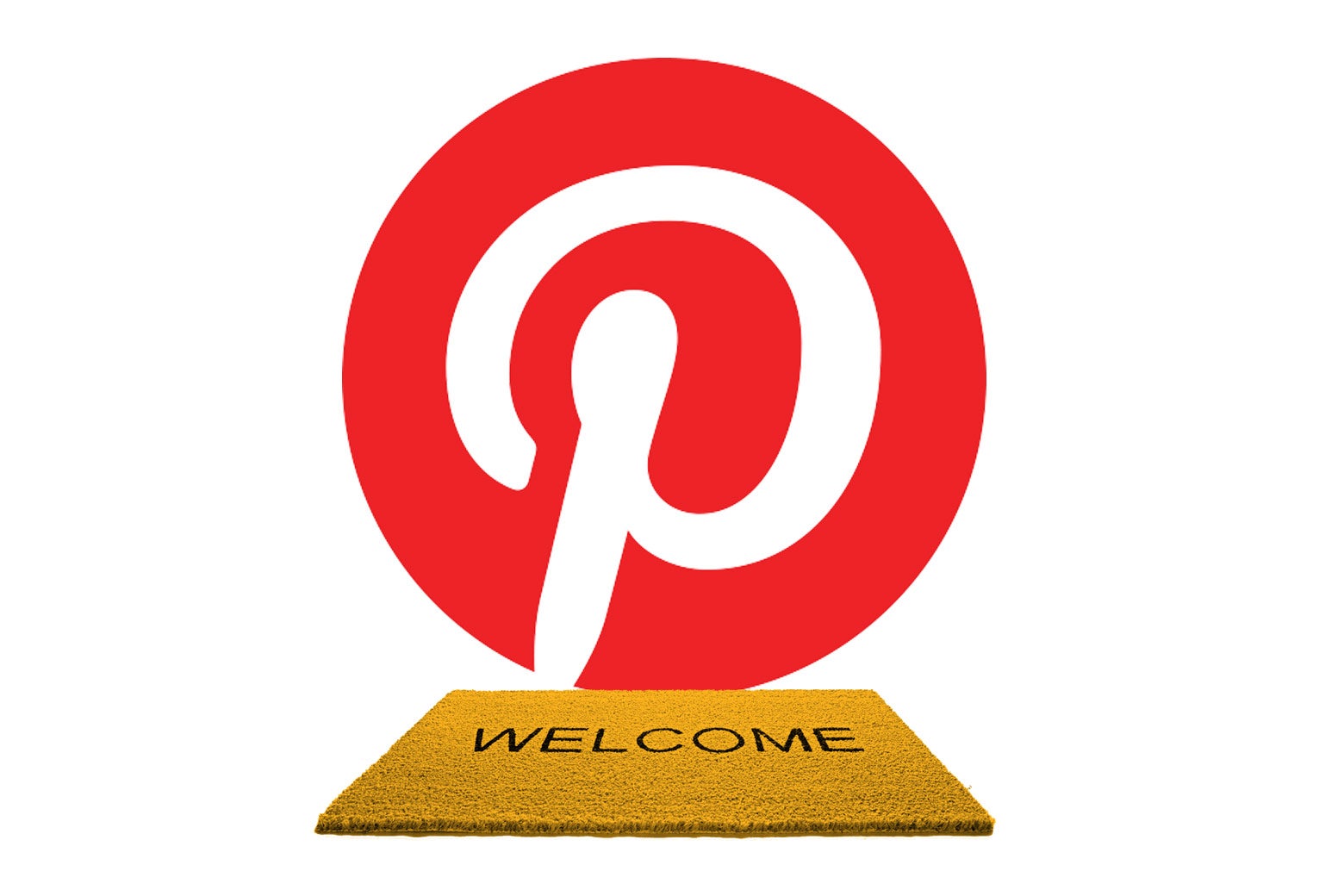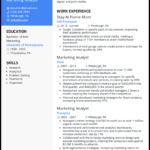Yes, Pinterest is considered social media. Unlike other platforms, Pinterest focuses on visual content and allows users to share and categorize images found online.
It is often described as a visual bookmarking site, where users can create boards and save images that interest them. While it may have different aspects and objectives compared to traditional social networks, Pinterest still falls under the category of social media.
It offers a unique and visually-oriented platform for users to discover, curate, and share content based on their interests.
Introduction To Pinterest
Pinterest is often considered a social media platform, but it differs from traditional social networks. Users focus on discovering and sharing ideas through visual content rather than engaging with personal profiles or social interactions. This unique approach sets Pinterest apart from typical social media platforms.
The Genesis Of Pinterest
Pinterest, founded in 2010 by Ben Silbermann, Paul Sciarra, and Evan Sharp, began as a platform designed for users to discover and collect visual content. The concept emerged from the founders’ desire to create a virtual space where individuals could share their interests and inspirations in the form of images and videos.
Pinterest’s Core Functionality
At its core, Pinterest functions as a visual discovery engine, allowing users to find inspiration, ideas, and information on a wide array of topics. Users can “pin” images and videos to their personalized boards, organizing content based on their interests, hobbies, and aspirations.

Credit: sherpablog.marketingsherpa.com
Demystifying Social Media
Pinterest is often considered a social media platform due to its sharing and community features. However, it differs from traditional social media in that it focuses on self-discovery and inspiration rather than personal interactions and connections. This unique approach sets Pinterest apart in the social media landscape.
Defining Social Media
Social media refers to online platforms and technologies that enable users to create and share content or to participate in social networking. These platforms facilitate interaction and communication among users, allowing them to connect and engage with each other.
Essential Features Of Social Networks
Social networks are characterized by the presence of user profiles, the ability to connect with other users, and the sharing of content, such as posts, images, and videos. They also often include features for liking, commenting, and sharing content, as well as messaging and group functionalities.
On Pinterest, users can create profiles, follow others, and engage with content by saving and sharing pins. While it differs from traditional social networks in some aspects, such as the emphasis on visual content and personal curation, it still exhibits key features of social networking.
In conclusion, despite its unique focus, Pinterest can be considered a form of social media due to its capacity for user interaction and content sharing.
Pinterest’s Unique Position
Pinterest’s unique position sets it apart from traditional social media platforms. Unlike others, Pinterest focuses on visual curation and doesn’t prioritize metrics like followers or likes. It offers a self-serving experience where users can explore and save content based on their interests, making it a distinct form of social media.
Visual Discovery Vs. Social Networking
Pinterest’s unique position in the world of social media lies in its focus on visual discovery rather than social networking. While platforms like Facebook and Instagram prioritize social connections and engagement, Pinterest is all about discovering new ideas and inspiration through images and videos. This makes it a valuable tool for users looking to plan weddings, redecorate their homes, or try out new recipes. Unlike other social media platforms, Pinterest users don’t necessarily need to follow or engage with other users to find and save content.The Pinterest Experience
The Pinterest experience is all about creating boards and saving Pins that inspire you. Users can browse through a variety of categories, such as home decor, travel, and fashion, or use the search bar to find specific ideas. Once you find a Pin you like, you can save it to a board and easily access it later. Pinterest also offers a variety of features to help users organize and curate their boards, such as the ability to add collaborators, rearrange Pins, and add notes. This creates a personalized experience that is unique to each user. In conclusion, while Pinterest is often categorized as a social media platform, its focus on visual discovery and personalized curation sets it apart from other platforms like Facebook and Instagram. Users don’t need to worry about follower counts or likes, and instead can focus on finding and saving content that inspires them. This unique position makes Pinterest a valuable tool for anyone looking to plan, organize, or simply find new ideas.Community And Interaction
Pinterest is often considered a social media platform due to its community-driven nature and focus on interaction. While it differs from traditional social networks in certain aspects, it fosters a strong sense of community and encourages meaningful interaction among its users.
The Role Of Followers
Unlike typical social media platforms, the significance of followers on Pinterest is not measured by the same metrics. The emphasis is not on accumulating a large following but rather on building a network of like-minded individuals with shared interests. The platform allows users to follow specific boards or topics rather than individual accounts, enabling a more tailored and personalized experience.
Engagement Mechanics On Pinterest
Pinterest thrives on engagement through various mechanics that encourage interaction and collaboration. Features such as repinning, commenting, and messaging facilitate active participation within the community. Additionally, the algorithm prioritizes content based on user engagement, ensuring that popular and relevant pins are prominently featured, further enhancing the interactive nature of the platform.
Comparative Analysis
Pinterest is often debated as to whether it is considered social media or not. While it shares some similarities with social networks, such as allowing users to share and discover content, it differs in that it focuses more on self-serving interests rather than the traditional aspects of social media like follower counts and likes.
Therefore, it can be seen as a unique platform that blurs the line between social media and visual bookmarking.
Pinterest Vs. Traditional Social Media
When it comes to social media, many people think of platforms like Facebook, Twitter, and Instagram. However, Pinterest is often left out of the conversation. So, is Pinterest considered social media? The answer is yes, but it is a different type of social media compared to the traditional ones.User Intent And Behavior
Pinterest is a social curation platform that allows users to discover and save ideas for various projects and interests. Unlike traditional social media, user intent and behavior on Pinterest are focused on finding inspiration and ideas rather than connecting with friends or sharing personal updates. This difference in user intent and behavior is reflected in the platform’s algorithm, which prioritizes content based on relevance and quality rather than popularity.Visual Content And Seo Benefits
One of the unique features of Pinterest is its emphasis on visual content. Users save and share images, videos, and infographics, making it an excellent platform for businesses to showcase their products and services visually. Additionally, Pinterest has SEO benefits, as pins can drive traffic to a website and boost its search engine ranking. In conclusion, while Pinterest is considered social media, it is a different type of social media with a focus on inspiration and visual content. By understanding the platform’s unique features and user behavior, businesses can leverage Pinterest to drive traffic and engage with their target audience.
Credit: www.pinterest.com
Marketing Perspective
Pinterest is often debated as to whether it is considered social media or not. Unlike other platforms, Pinterest focuses on sharing and categorizing images, rather than follower counts or likes. It’s a unique form of social media that prioritizes self-serving content rather than external validation.
Why Marketers View Pinterest Differently
From a marketing perspective, Pinterest is considered a unique social media platform. Unlike other social networks, Pinterest is not focused on personal connections or sharing updates. Instead, it is a visual discovery and bookmarking tool that allows users to save and organize content based on their interests.Pinterest’s Value In Digital Strategy
Despite its differences, Pinterest is a valuable tool for businesses to include in their digital marketing strategies. With its highly visual nature, Pinterest allows companies to showcase their products or services in a visually appealing way. It can also drive traffic to a company’s website and increase brand awareness. One of the key benefits of Pinterest is its ability to reach a highly engaged audience. Pinterest users are actively searching for inspiration and ideas, making them more likely to engage with content that resonates with them. This presents a unique opportunity for businesses to connect with potential customers in a meaningful way. In addition to its engagement potential, Pinterest also offers robust analytics tools for businesses to track their performance and optimize their strategies. This includes data on impressions, engagement, and click-through rates, allowing companies to make data-driven decisions to improve their results. Overall, while Pinterest may not fit the traditional definition of social media, its unique features and benefits make it a valuable tool for businesses to incorporate into their digital strategies.Expert Opinions And Interviews
Pinterest is a unique social media platform that differs from others in terms of user interaction. Unlike traditional social media, Pinterest focuses on visual content and self-serving interests rather than follower count or likes. It offers a refreshing alternative where users can explore and share images without the pressure of popularity.
Insights From Pinterest Co-founder
Pinterest co-founder Ben Silbermann highlighted that Pinterest is fundamentally different from traditional social networks. He emphasized that the objective of social networks is centered around uploading photos for others to like, whereas Pinterest is more self-serving in nature.
Marketers’ Take On Pinterest
Despite its unique characteristics, marketers recognize Pinterest as a social media platform and a social network. While it differs from popular platforms like Facebook and Instagram, it still meets the criteria of being a social media platform.

Credit: slate.com
The Verdict On Pinterest
Pinterest is often debated as to whether it is considered social media. Unlike other platforms, on Pinterest, the focus is not on followers or likes, but rather on sharing and categorizing images found online. It can be seen as a unique form of social media that prioritizes self-serving interests over traditional social networking aspects.
Is Pinterest A Social Media Platform?
Pinterest has been a topic of debate for years. Some say that it is a social media platform, while others argue that it is not. The answer to this question is not straightforward. Pinterest has some features that are similar to social media platforms, such as the ability to follow other users, like and comment on their content, and share their content with your followers. However, unlike other social media platforms, Pinterest is primarily a visual search engine. While Pinterest has some social media features, it is not primarily a social media platform. Pinterest is a visual search engine that allows users to discover new ideas and inspiration, save and organize these ideas, and share them with others. Unlike traditional social media platforms, Pinterest is not focused on building a social network or gaining followers. Instead, Pinterest is focused on providing users with a platform to discover and save ideas that are relevant to their interests.The Future Of Pinterest
Pinterest has been steadily growing in popularity over the years. With its unique approach to social media, Pinterest has carved out a niche for itself in the world of online discovery and inspiration. The future of Pinterest looks bright, with the platform continuing to expand its user base and add new features to enhance the user experience. As Pinterest continues to evolve and grow, it will be interesting to see how it continues to differentiate itself from other social media platforms and search engines.Frequently Asked Questions
Does Pinterest Count As A Social Media?
Yes, Pinterest is considered a social media platform. It allows users to share and categorize images found online, while also providing a visual bookmarking feature. Unlike other social media platforms, the focus on Pinterest is not on followers, likes, or personal photos.
Instead, it emphasizes self-serving and curated content.
Why Is Pinterest Not Social Media?
Pinterest is not a social media platform because it focuses on self-serving objectives rather than social networking. It doesn’t prioritize likes, followers, or personal photos like other social media platforms. Instead, it’s a visual bookmarking and curation site.
What Type Of Social Media Is Pinterest?
Pinterest is a visual curation platform that allows users to share and categorize images. It functions differently from traditional social media, focusing on self-serving content rather than interactions and engagement.
Is Pinterest Entertainment Or Social Media?
Pinterest is considered a social media platform, but it operates differently from others. Unlike traditional social media, Pinterest is a visual discovery engine used to find inspiration for everything from recipes to home decor. While users can follow others and interact with their content, the platform is primarily focused on individual curation and self-discovery rather than social networking.
Conclusion
While Pinterest shares some characteristics with traditional social media platforms, it is unique in its focus on visual curation and self-serving content. Unlike other platforms, Pinterest doesn’t prioritize follower counts or likes on photos. It offers a different experience, where users can save and categorize images based on their own interests.
So, while it may not fit the traditional definition of social media, Pinterest still holds its own as a valuable platform for inspiration and discovery.










Leave a Reply